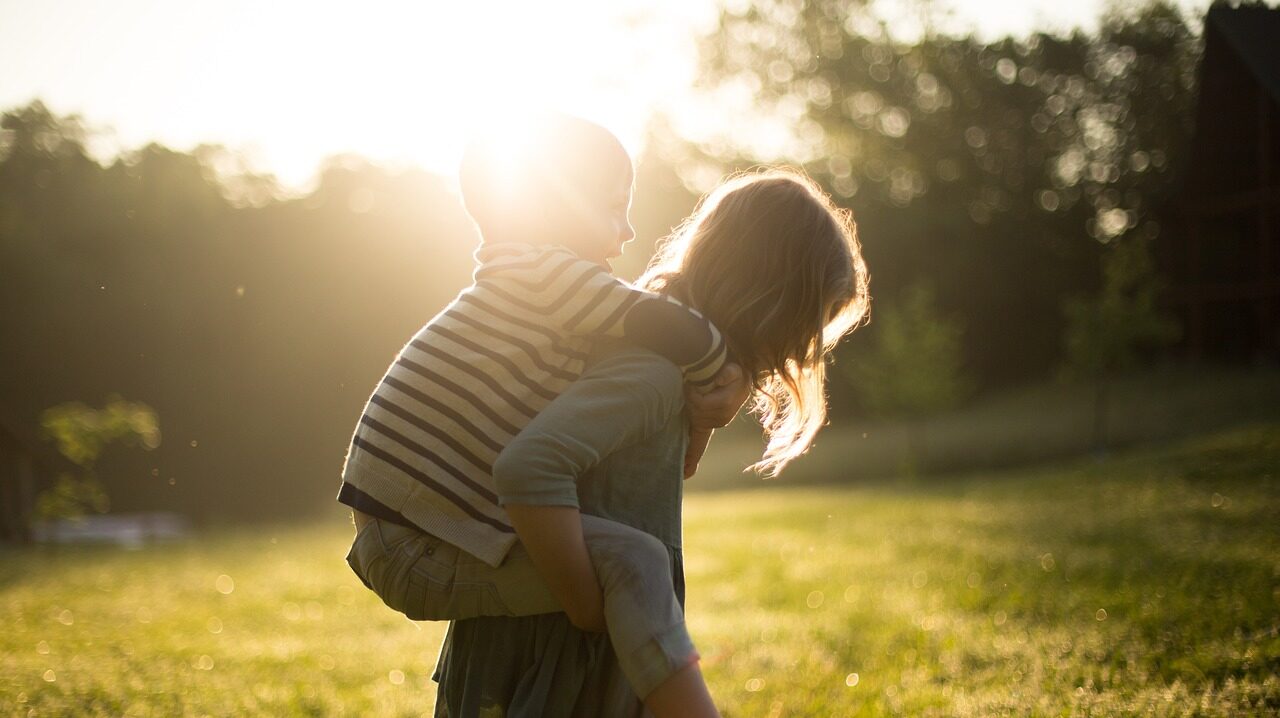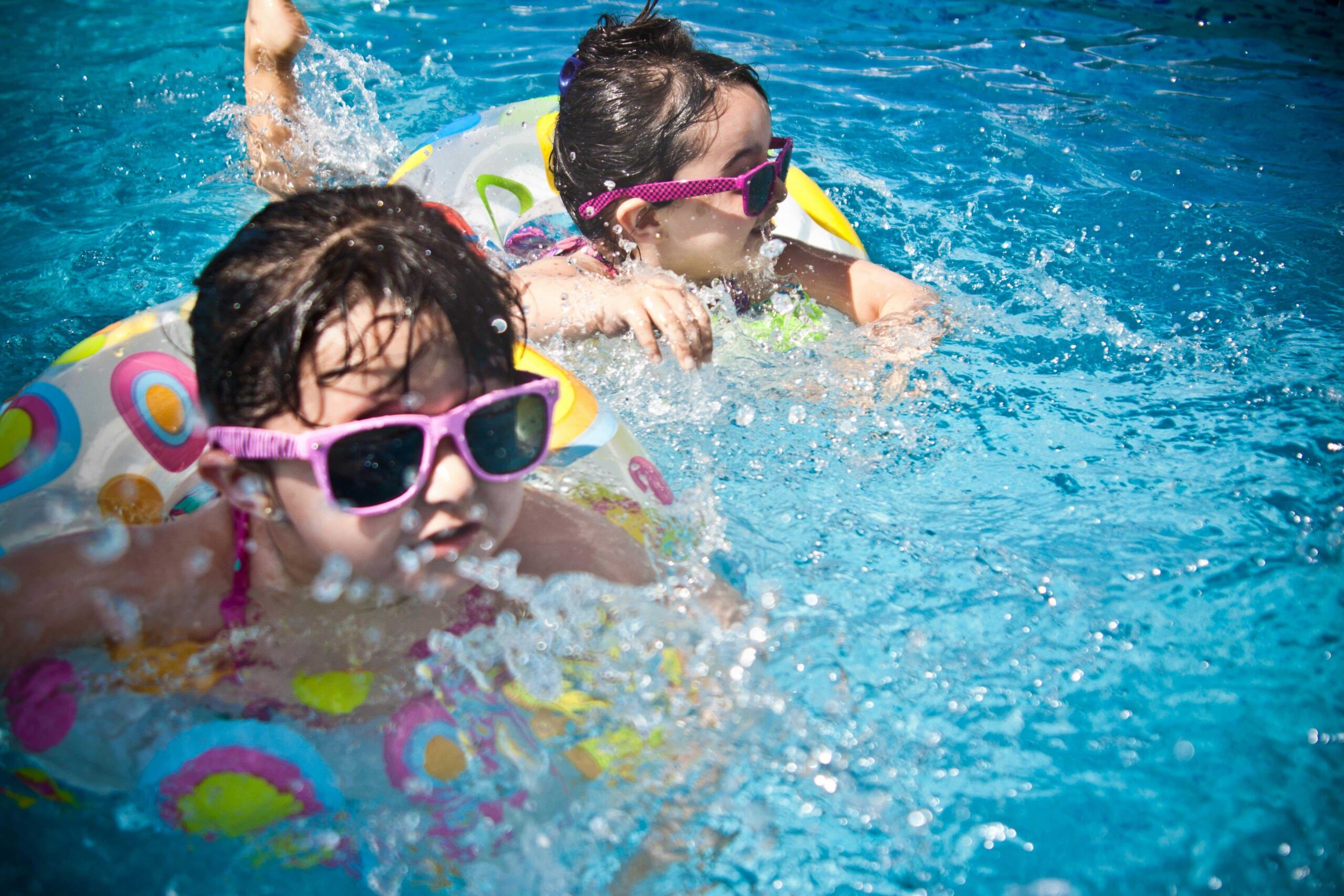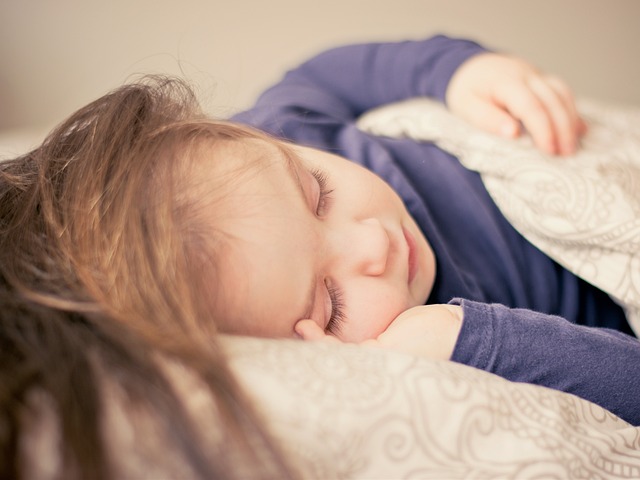 Learning by Sensing
Learning by Sensing
Young children, particularly those between three and eight years of age, learn best by doing things instead of just listening. Abstract thoughts and concepts are difficult for them to grasp because they primarily learn about the world around them by experimenting it through their senses. As a result, it is important to focus science and learning lessons around things that they can see, hear, touch, taste and smell so that they are continually immersed in the discovery of all sorts of new and different things, how things work, about themselves and others. These types of learning discovery make understanding very “real” for them.
Experiment!
Children are naturally curious and love to experiment. The early years of child development (0-6 years of age) provide a perfect opportunity to help children develop a love for learning. Providing opportunities for your child to experience things in a hands on way will encourage their curiosity, increase their knowledge. Soon everything they encounter will become an important science experiment and learning opportunity.
Encourage & Support
Being very curious, children often ask questions, sometimes making it frustrating for the adult. We need to remember that children learn by finding answers and often need the repetition in order to completely understand. It’s an important part of their thought process. “Question-asking” helps children make connections in their brains between things they have experienced. Make it a goal to help them find the answers to all the; who, what, where, when and why questions. Don’t always provide them with the answers, guide them, and ask additional questions to allow them to find the answers for themselves.
Looking for fun scientific experiments to try with your child? Click here!


